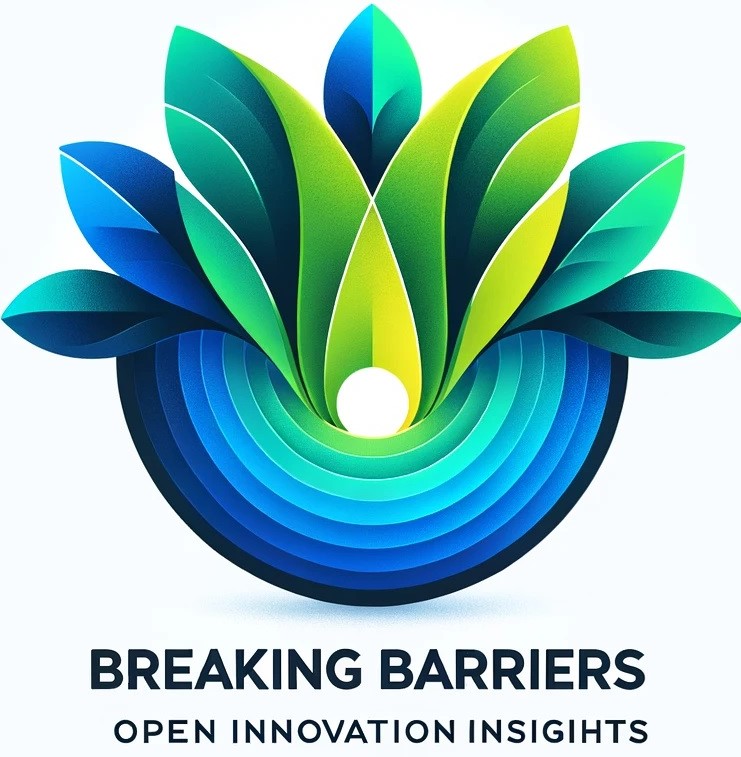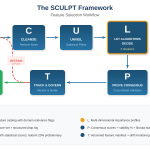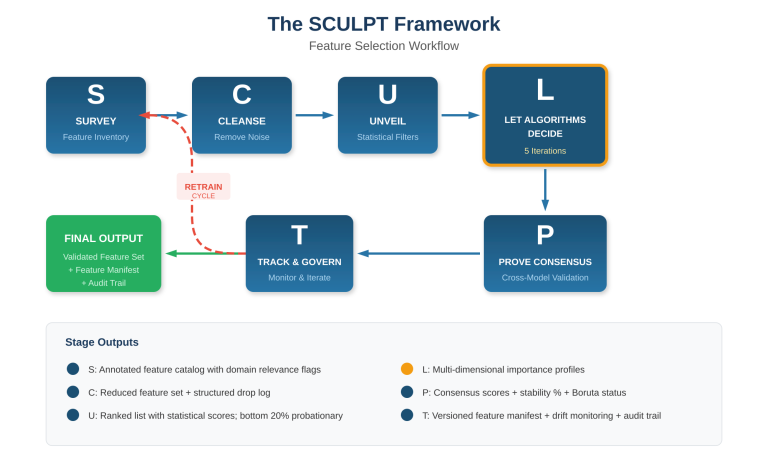
In the dynamic landscape of business and professional careers, disruptions are inevitable. These disruptions can stem from various sources, such as internal complacency, market forces, or flawed strategies; however, organizations have consistently demonstrated the ability to navigate these disruptions by repositioning their core competencies and seeking new avenues for revenue generation. This process of constructive disruption, when executed strategically, not only helps organizations recover from setbacks but also provides a pathway to gain a competitive advantage in the market. What if professionals could apply the same mindset and constructive strategies to reposition themselves through their core competencies acquired over time to reinvent their careers that have become less in demand and motivating? But to do that, as professionals, we need to have the mind of a learner and Yogi innately.
The Dynamics of Disruption in Business
Every business, regardless of its size or industry, faces disruptions at some point. These disruptions can arise within the organization due to complacency, resistance to change, or inefficient strategies. External factors like evolving market demands, technological advancements, economic shifts, or regulatory changes can also disrupt established business models and practices.
One prime example of a company effectively navigating disruptions is Sanofi’s acquisition of Genzyme. Sanofi recognized the revenue gaps caused by the patent cliff and the influx of generic drugs in its pharmaceutical division. Sanofi strategically acquired Genzyme, a company with promising drugs and an excellent pipeline to treat rare genetic diseases to address this challenge. This move allowed Sanofi to reposition its core competencies, tap into new markets, and regain a solid competitive advantage.
The key takeaway from this example is the necessity for businesses to remain agile and innovative in their approach to disruptions. Adapting to changing circumstances, identifying growth opportunities, and reevaluating core competencies are critical steps in gaining a competitive edge amidst disruptive forces.
The Parallels in Professional Development
Like businesses, professionals also experience disruptions in their careers. These disruptions can manifest as outdated skills and education, repetitive tasks, a sense of false security, the emergence of a younger workforce, life-changing events, lack of motivation, and various other factors. The fear of setbacks in terms of monetary loss, professional regression, or reduced experience often deters professionals from embracing disruptions and proactively repositioning their core competencies.
However, it is essential to recognize that over the years of professional experience, individuals acquire a set of core competencies, including soft skills, that can be effectively repositioned. Pairing these competencies with a proactive approach to continuously acquiring new knowledge and skills can transform professionals into indispensable assets within their respective fields.
Repositioning Core Competencies: A Strategic Approach
To effectively reposition core competencies and thrive amidst disruptions, professionals must adopt a growth-oriented mindset prioritizing continuous learning and skill development. This mindset encourages individuals to consistently seek new knowledge and explore opportunities to enhance their abilities, ultimately enabling them to adapt to changing circumstances and seize new opportunities.
Continuous Learning and Skill Acquisition:
- Embrace a lifelong commitment to learning and stay updated with the latest trends, technologies, and advancements relevant to your field.
- Seek learning opportunities through workshops, seminars, online courses, mentorship programs, and networking events.
- Engage with diverse sources of knowledge, including books, articles, podcasts, and industry reports, to broaden your understanding and perspective.
Adaptability and Flexibility:
- Cultivate the ability to adapt swiftly to new circumstances and be open to evolving professional roles and responsibilities.
- Demonstrate flexibility in your approach to work, projects, and team dynamics, showcasing your ability to thrive in various scenarios.
Effective Communication and Collaboration:
- Hone your communication skills, both verbal and written, to convey ideas clearly and effectively, fostering strong working relationships with colleagues and clients.
- Actively engage in collaborative efforts, demonstrating your ability to work well within teams and contribute to collective goals.
Problem-Solving and Critical Thinking:
- Develop strong problem-solving skills by analyzing complex issues, identifying potential solutions, and making informed decisions based on evidence and data.
- Cultivate critical thinking abilities to assess situations from multiple perspectives, enabling you to generate innovative and effective solutions.
Leadership and Mentoring:
- Showcase your leadership potential by taking initiative, inspiring others, and demonstrating accountability and responsibility in your roles.
- Offer mentorship and guidance to colleagues and junior professionals, showcasing your willingness to share knowledge and contribute to their growth.
Practice Mindfulness and Presence – Develop a Yogi Mind
- Be Present: By cultivating mindfulness, one becomes more present and engaged in the learning process, leading to deeper understanding and retention of information.
- A Yogic mind declutters unnecessary thoughts, creating mental space for new information and ideas.
My father once told me that everything new you learn will often find its application in your life when least expected. Embracing this wisdom and integrating a hunger for education and further information into your professional journey is the key to thriving amidst disruptions and gaining a competitive advantage.
Disruptions are constant in the ever-evolving landscape of business and professional careers. However, these disruptions, whether in business or individual careers, can be turned into opportunities for growth and advantage. By strategically repositioning core competencies and proactively acquiring new skills and knowledge, professionals can navigate disruptions effectively and emerge stronger and more indispensable in their respective fields. The essence lies in a continuous thirst for learning and a willingness to adapt, enabling you to weather disruptions and leverage them to your advantage.











